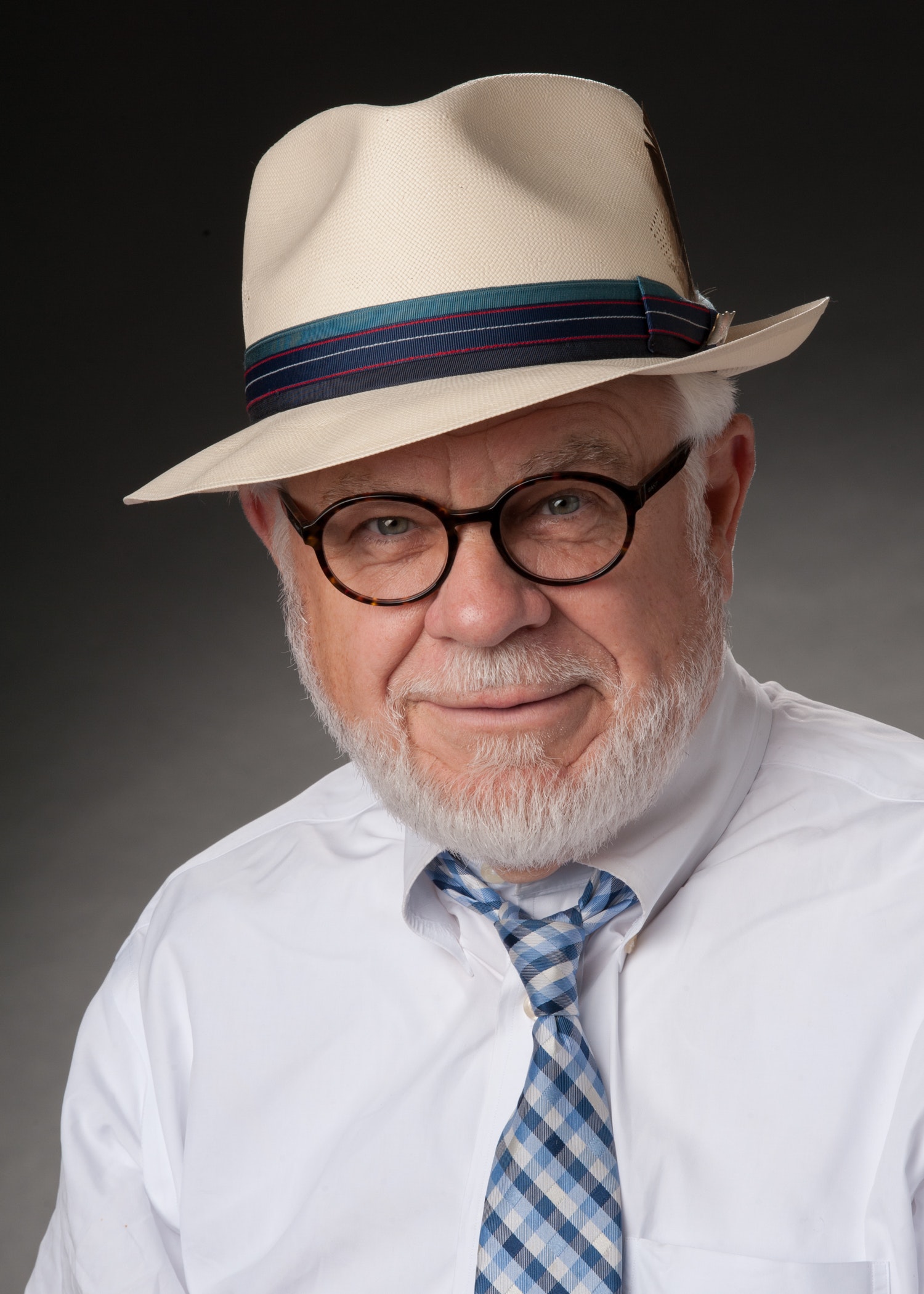The Tuesday council agenda had two of the most controversial issues that this council, which took office in December 2018, have incurred singularly, much less together.
The back and forth comments and negotiations displayed like reality TV on the ZOOM meeting were indeed enlightening as several members struggled with voting their personal conscience versus belief for the better good.
And at the end of the session, the two compromises achieved left little satisfaction for most of the council members. To say it was a tough day at the office is a gross understatement.
Council chair James Flurry was unable to participate in the meeting due to medical treatment in Dallas.
Vice Chair Levette Fuller was front and center in keeping the discussions centered on the issues and allowing the other members to freely communicate and reason together without being hamstrung by strict application of rules of order.
And to her credit, Fuller did not push her positions on the two key votes. This reduced the potential for friction with other members that has occurred in the past.
The one-year moratorium on the no casino smoking ban was passed on a 4-2 vote. Fuller and Councilman John Nicholson voted against this measure.
The moratorium was modified to only apply to the actual gaming areas of Sam's Town Casino and El Dorado Casino. Thus, other areas of the casino including bars, dining facilities, gift shops, etc. remain no-smoking areas. The moratorium expires Aug. 1 next year.
All members of the council had been under heavy lobbying on this vote.
Health of casino workers versus economic impact of further job loss in the local casino industry were the driving factors in the debate. The closure of one local casino and the pending loss of over 1,400 local casino jobs was a heavy cloud of reality that offered little relief for council members.
Testimonials of council members over cancer deaths in their families revealed the personal struggles in deciding their votes. And concerns over the future livelihood of known casino workers were expressed.
The vote on the Shreveport COVID mask ordinance was also a difficult one due in large part to the requirement to have five affirmative votes. This measure was offered as an emergency ordinance — one that could be adopted the day introduced versus laying over for two weeks. A two-thirds vote was required for passage.
The backdrop to the ordinance also compounded the deliberations.
Shreveport Mayor Adrian Perkins had issued a July 8 executive order requiring masks. Litigation was filed, and an injunction had been issued against this order pending a trial.
Last Thursday, July 10, the Caddo Commission had passed a mask ordinance that only applied to the unincorporated areas of the parish.
Following that, Gov. John Bel Edwards had issued an executive order mandating masks statewide on Saturday, July 11.
Perkins’ order set the minimum mask age at 2 and had penalties including cutting of water service. The Commission's ordinance set the age of 2 and had fines. The governor's order set the age at 8 and had fines.
The Commission in special meeting on Tuesday before the council meeting moved the minimum age up to 8.
The debate at the council centered on the minimum age, fines, duration and the overlap of the governor's order versus Perkins’ order and the proposed ordinance.
It was an uphill battle from the sound of the bell.
Both Nicholson and Councilman Grayson Boucher had stated their opposition to a mandate, while supporting the need for masks. They also questioned the need for the legislation with the governor's order in place.
During the back and forth negotiations, the fines were reduced to $50 per incident and the duration of the governor's order. The ordinance was enacted on a unanimous 6-0 vote.
Mayor Perkins heavily lobbied the council members during the meeting for passage of the ordinance. No doubt he used some future political capital with both Boucher and Nicholson finally getting their approval. Other council members were passionate in their pleas for a unanimous vote.
The "winner" in both of these votes was the democratic process.
Both ordinances had received substantial public attention. All council members had been bombarded with communications urging opposition and support for both measures.
And all the members knew that the hounds would be at their door after their votes for those not happy.
Yes, it was a hard day at the office for the six council members. But it was a very good day for local democracy.
John came to Shreveport in January of 1977 when he was transferred to Barksdale AFB.
He’s been active in Shreveport politics since deciding to make Shreveport his home.
John practiced law for 40 years and he now monitors local politics. He regularly attends Shreveport City Council and Caddo Parish Commission meetings.
John is published weekly in The Inquisitor, bi-monthly in The Forum News, and frequently in the Shreveport Times.
He enjoys addressing civic groups on local government issues and elections.
